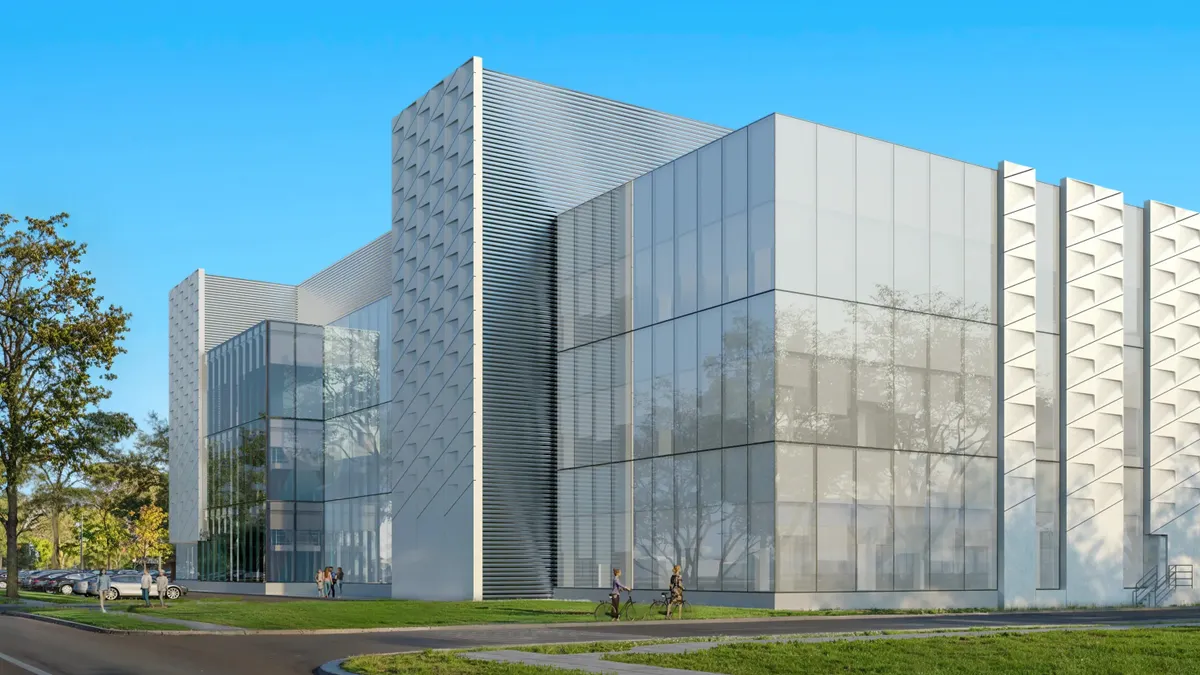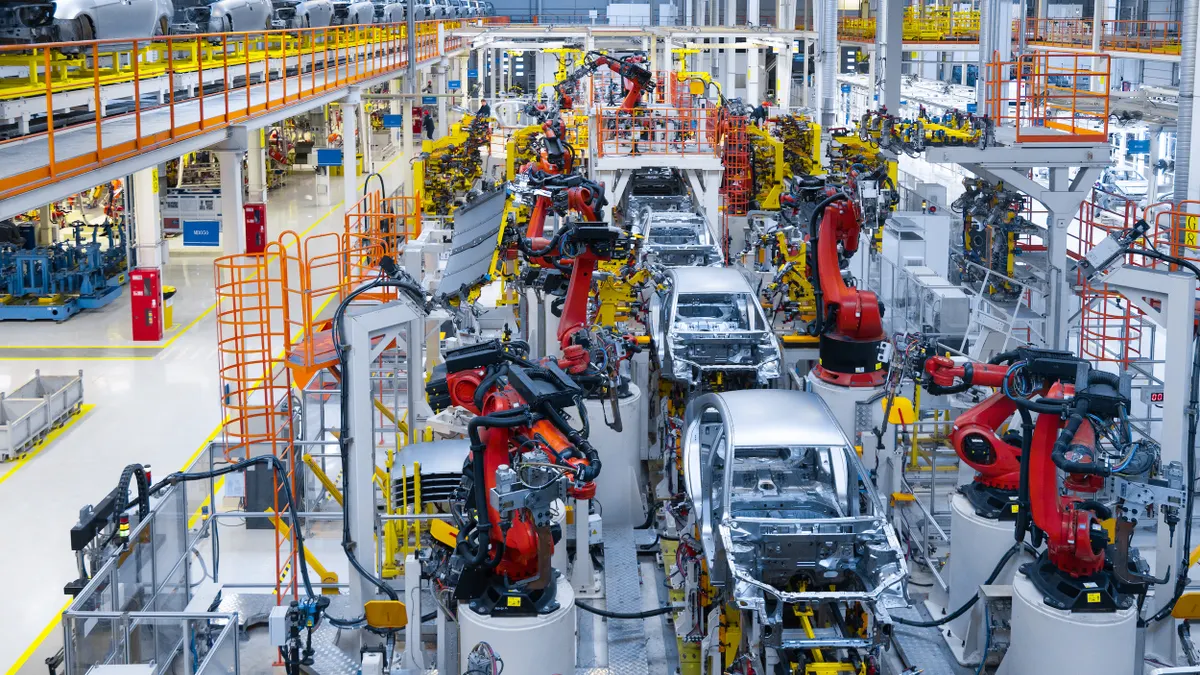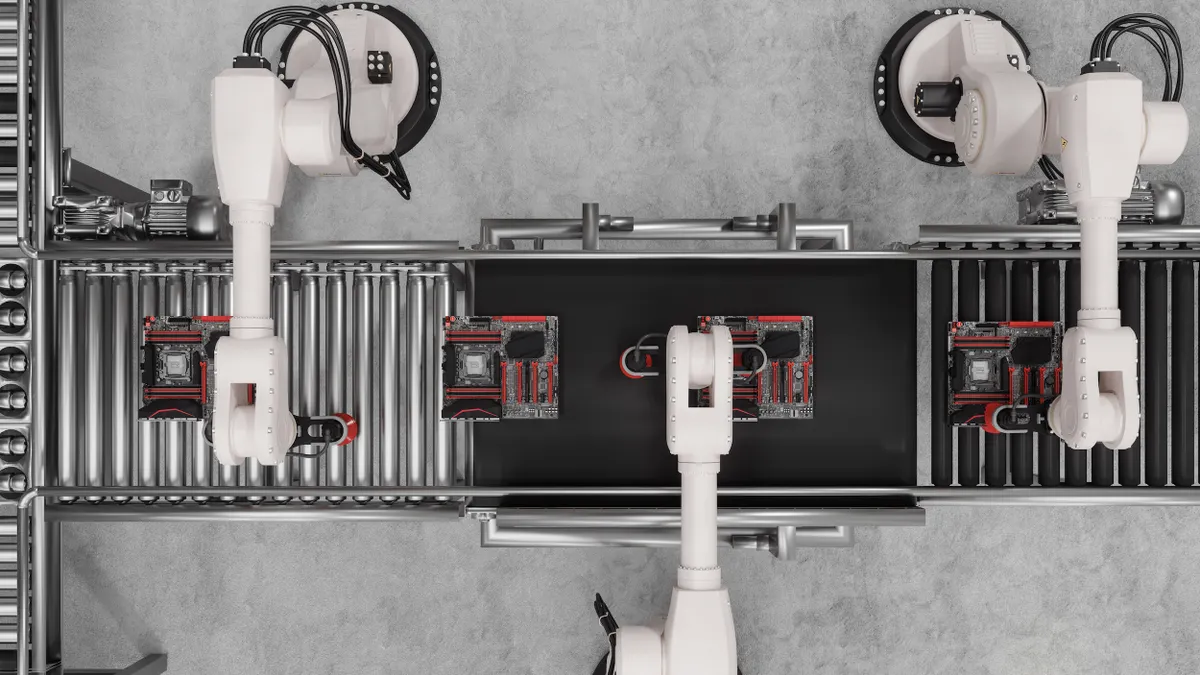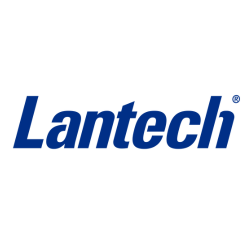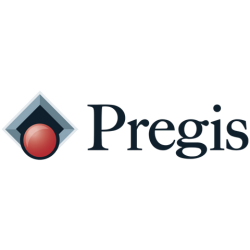Dive Brief:
- Merck is constructing a $1 billion drug manufacturing facility in Wilmington, Delaware, as part of its commitment to investment and growth in the United States.
- The company on Tuesday said it broke ground on its 470,000-square-foot biologics center of excellence, which will have laboratory, manufacturing and warehouse capacity to produce and scale next-generation medicines.
- The site will also be the future home for producing Merck’s Keytruda cancer treatment drugs for U.S. patients, according to a news release. The lab portion is slated to be fully operational by 2028, with drug production to start by 2030.
Dive Insight:
The Wilmington investment is part of a larger effort to bolster Merck’s domestic manufacturing and research capabilities as tariff concerns sway drug manufacturers to double down on U.S. investments.
Production will be located at a new innovation campus called the Chestnut Run Innovation and Science Park, which was a former Dupont site, according to a news release. Merck’s facility is the latest development underway on the campus. Water treatment firm Solenis chose to relocate its R&D operations to the campus in 2022, and biotech company Prelude Therapeutics also has its headquarters there.
Merck’s facility will create more than 500 roles and support 4,000 construction jobs, according to a release. There is also room for further site expansion, which could create an extra 1,500 jobs and support 26,000 construction jobs.
“The decision to build a new biologics facility in Wilmington demonstrates our commitment to advancing U.S. manufacturing and partnering in communities where our employees live and work,” Sanat Chattopadhyay, executive vice president and president of Merck’s manufacturing unit, said in a statement.
The company said it wants to recruit and retain talented students and professionals from neighboring states Pennsylvania and New Jersey, which Merck has invested more than $3 billion in since 2018.
In addition to Wilmington, Merck completed the construction of a $1 billion vaccine facility in Durham, North Carolina. It also plans to invest $3.5 billion in biologics and small molecule manufacturing sites in the U.S.


